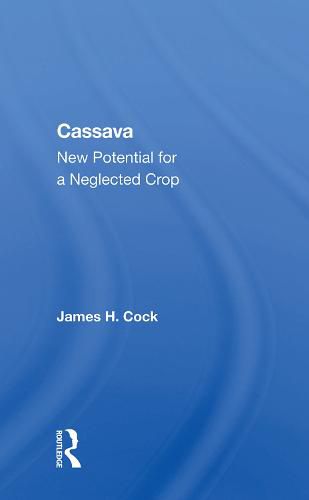Readings Newsletter
Become a Readings Member to make your shopping experience even easier.
Sign in or sign up for free!
You’re not far away from qualifying for FREE standard shipping within Australia
You’ve qualified for FREE standard shipping within Australia
The cart is loading…






Like other root crops cultivated on small farms in the tropics, cassava was neglected for some time by policymakers and scientists. In the last decade, however, considerable attention has been given to cassava as a food, as an animal feed, and as a fuel source. In this book, James Cock, leader of the cassava program at the International Center for Tropical Agriculture (CIAT) in Colombia, brings together the latest information on improved strains, modern production systems, better processing methods, innovations in storage and marketing, and the prospects for using cassava to produce fuel alcohol. He also explores the cassava production programs of several developing countries and ofters suggestions for creating an effective national cassava program. The book will be useful to both policymakers and researchers.
$9.00 standard shipping within Australia
FREE standard shipping within Australia for orders over $100.00
Express & International shipping calculated at checkout
Like other root crops cultivated on small farms in the tropics, cassava was neglected for some time by policymakers and scientists. In the last decade, however, considerable attention has been given to cassava as a food, as an animal feed, and as a fuel source. In this book, James Cock, leader of the cassava program at the International Center for Tropical Agriculture (CIAT) in Colombia, brings together the latest information on improved strains, modern production systems, better processing methods, innovations in storage and marketing, and the prospects for using cassava to produce fuel alcohol. He also explores the cassava production programs of several developing countries and ofters suggestions for creating an effective national cassava program. The book will be useful to both policymakers and researchers.